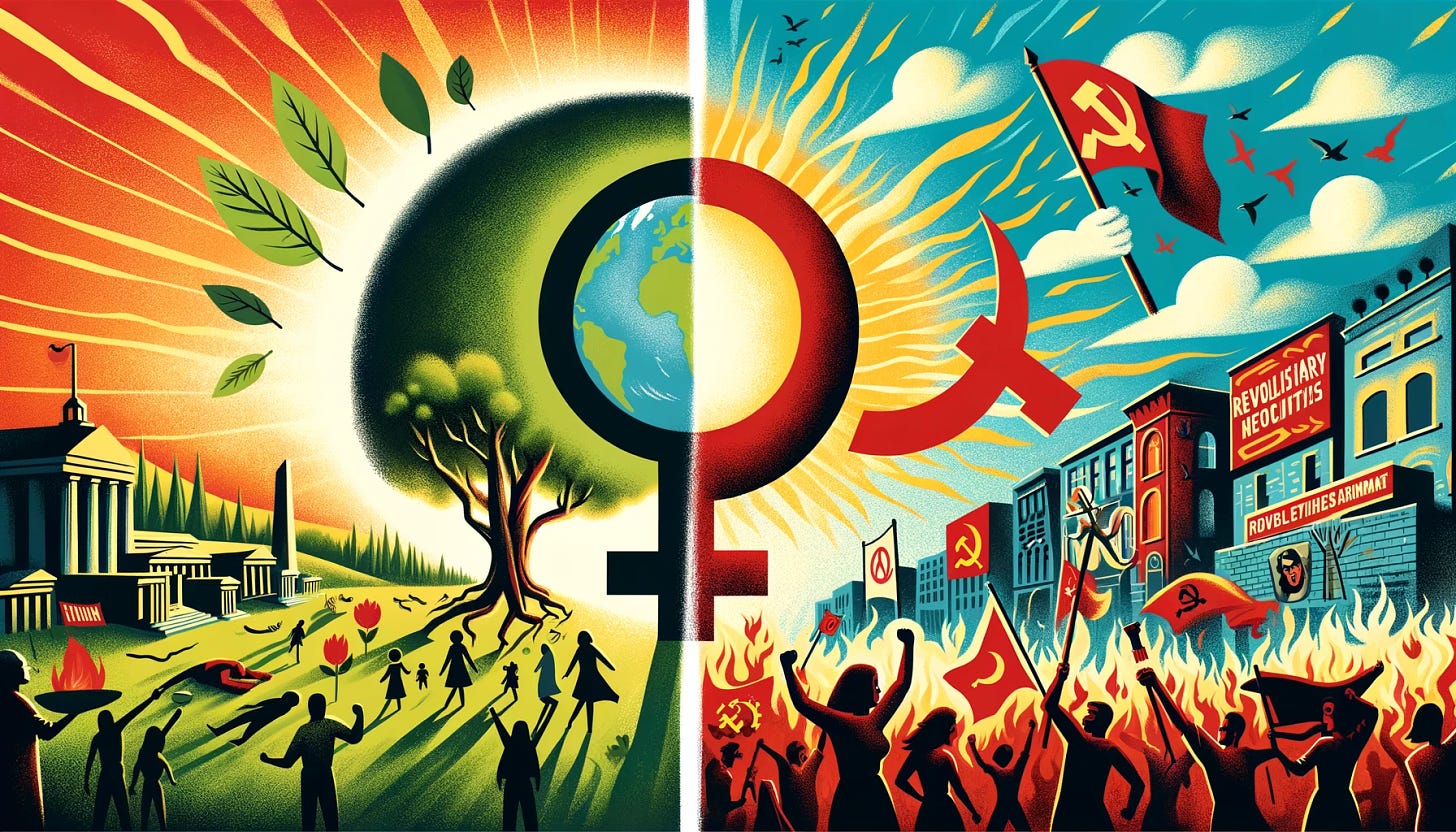Brad DeLong (in a recent post summarising a joint podcast with Noah Smith) walks back his previous suggestion that it was time for neoliberals, among whom he had numbered himself, to pass the baton to “the Left”. The political basis for this is that 20 or so Senate Republicans have been willing to pass legislation from time to time, rather than shutting down the government altogether. I don’t find this compelling, but I also don’t want to debate the issue. Rather, I’m interested in the following remark, which crystallized a bunch of thoughts I’ve been having for some time ”How has the left been doing with its baton? Not well at all, for anyone who defines “THE LEFT” to consist of former Bernie staffers who regard Elizabeth Warren as a neoliberal sellout.” This is a
Topics:
John Quiggin considers the following as important: Uncategorized
This could be interesting, too:
tom writes The Ukraine war and Europe’s deepening march of folly
Stavros Mavroudeas writes CfP of Marxist Macroeconomic Modelling workgroup – 18th WAPE Forum, Istanbul August 6-8, 2025
Lars Pålsson Syll writes The pretence-of-knowledge syndrome
Dean Baker writes Crypto and Donald Trump’s strategic baseball card reserve
Brad DeLong (in a recent post summarising a joint podcast with Noah Smith) walks back his previous suggestion that it was time for neoliberals, among whom he had numbered himself, to pass the baton to “the Left”.
The political basis for this is that 20 or so Senate Republicans have been willing to pass legislation from time to time, rather than shutting down the government altogether. I don’t find this compelling, but I also don’t want to debate the issue.
Rather, I’m interested in the following remark, which crystallized a bunch of thoughts I’ve been having for some time
”How has the left been doing with its baton? Not well at all, for anyone who defines “THE LEFT” to consist of former Bernie staffers who regard Elizabeth Warren as a neoliberal sellout.”
This is a classic, indeed brazen, motte-and-bailey1, in which the hard-to-defend bailey “the Left of the Democratic party (of which Elizabeth Warren is a prominent member) is doing badly” is replaced by the motte “THE LEFT (as represented, in this case, by disgruntled former Bernie staffers) is doing badly”.

The left and THE LEFT: from ChatGPT prompt, “draw an image with two panels, one peaceful with symbols of feminism and environmentalism and the other dynamic and representing the revolutionary left”
It’s one which I’m seeing increasingly from the group I’ve called “soft neoliberals”, and who are increasingly reclaiming the term “liberal”, though usually in less blatant forms. Over the fold, I’ll put some thoughts on what’s happening here.
The motte-and-bailey here works in part because the the term “left” can be understood both in terms of a symmetrical representation of political systems with roughly equal sized groups on the left and right and a more-or-less indeterminate centre, and in historical terms to the revolutionary tradition associated with Marx and Lenin, and before them with the Jacobins in France (whose position on the left of the speaker in the National Convention gave rise to the synecdoche in the first place).
At least as far as the political class was concerned, the two understandings matched up pretty well during the period of neoliberal ascendancy. Virtually everyone who mattered politically could be classed as “centre-right” (what I’ve called hard neoliberal), “centre-left” (soft neoliberal), or just plain centrist. So, the term “left” could be equated with “LEFT” and used to refer to a small group on the fringes. Similarly, the far-right could safely be ignored as a historical relic.
The failures of neoliberalism since the turn of the century have broken down this equivalence. We have seen the emergence, or resurfacing, of a substantial political grouping which is neither centre-left, in the neoliberal sense, nor LEFT in the Marxist-Leninist sense. In the US setting that group typically uses the self-description “progressive” and includes environmentalists, feminists, democratic socialists and unreconstructed New Dealers. I will just use the term “the left” to describe this group.
The left poses two problems for soft neoliberals. First, it represents a plausible political alternative to the market-friendly policies of soft neoliberalism (deregulated finance, charter schools, a Grand Bargain on deficit reduction). These policies have clearly failed to deliver on their promises.
More fundamentally, perhaps, the left poses a challenge to interpretations of liberalism in which the political right (unlike THE LEFT) is treated as a legitimate interlocutor, rather than an enemy to be struggled against, and, if possible, driven from the field of political discourse. In the context of academic political philosophy, this version of liberalism takes as canonical a range of legitimate opinion from Rawls (or maybe Dworkin) on the left to Nozick on the right.
Unsurprisingly, the easiest response for soft neoliberals is to ignore the left and to focus on some version of THE LEFT which can be characterised as authoritarian and illiberal. The implicit assumption (somewhat undermined by reactions to recent protests) is that only liberals, as interpreted above, are reliable defenders of freedom.
That’s as far as I’ve got, so I’ll throw it open to discussion.
